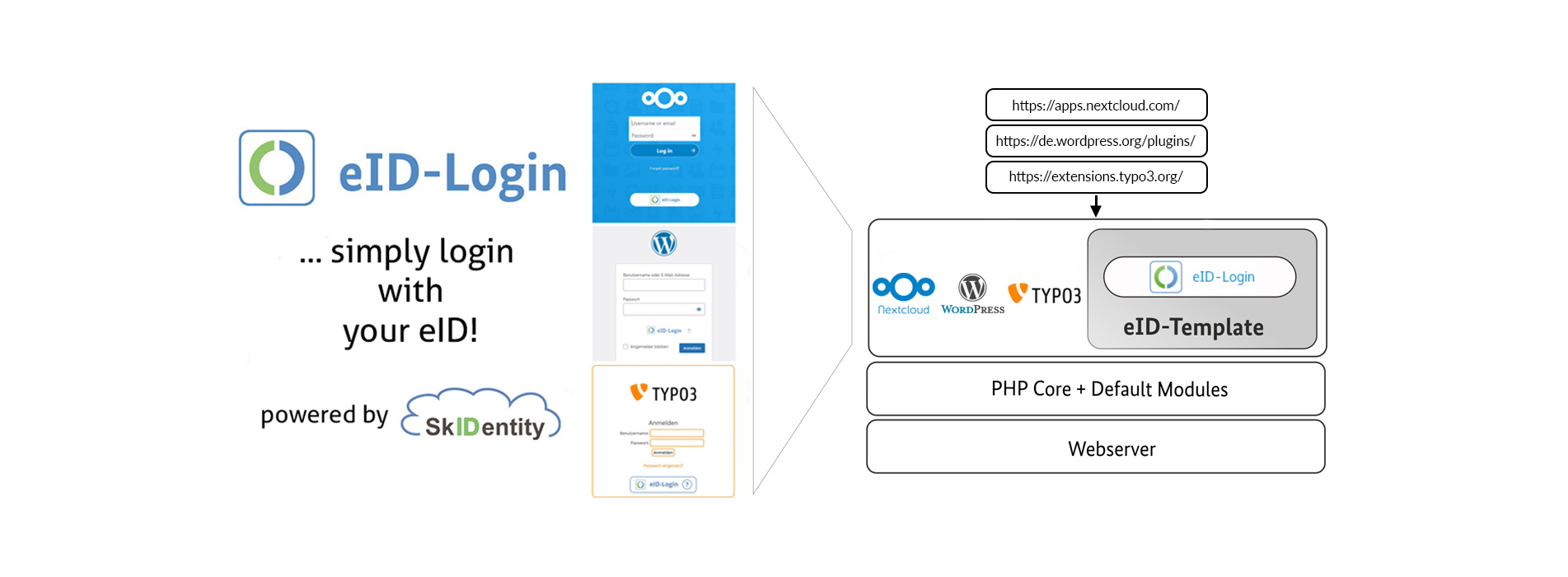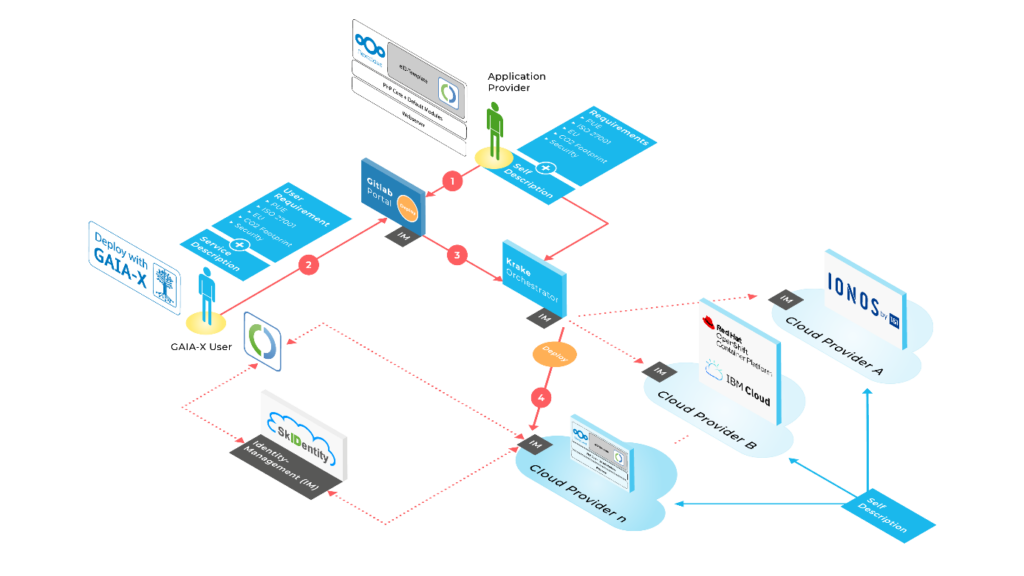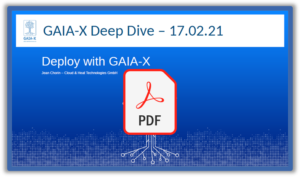As it is by now almost five years ago that the first version of ETSI TS 119 432 (“Protocols for remote digital signature creation”) was published, the experts from ETSI ESI, OASIS DSS-X, Cloud Signature Consortium (CSC) and go.eIDAS have joined forces in order to set up a short survey, which aimed at identifying existing implementations of ETSI TS 119 432 and providing an overview of existing Remote Signature services.
Note, that these services may play a crucial role within the practical implementation of the forthcoming Art. 6a (4) (ec) eIDAS2, which stipulates that the European Digitial Identity Wallet (EUDIW) shall offer the ability to create qualified electronic signatures free of charge for non-professional purposes.
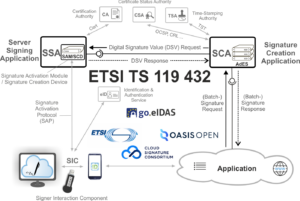
This survey has been carried out in the last quarter of 2023 and was answered by 30 organisations listed below, among almost all provide Remote Signature services.
The main results of the survey may be summarised as follows:
- 17 % (5) of the Remote Signature Services are compliant to ETSI TS 119 432 v1.2.1, whereas 13 % (4) have chosen to implement the variant based on the CSC-API and 3 % (1) is based on the OASIS-API.
- 60 % (18) of the Remote Signature Services provide an API, which is similar to the ETSI-API, whereas 47 % (14) are based on the CSC-API, 7 % (2) are based on the OASIS-API and 7% (2) are based on some other API. Note, that several respondents, which support the CSC-variant, have indicated that they are supporting version 0.4.0 or even 2.0.0.2 of this specification, while ETSI 119 432 v1.2.1 is refering to version 1.0.3.0 of the CSC-API-specification and hence ETSI TS 119 432 may need to be updated accordingly.
- 3 % (1) of the Remote Signature Service providers plan to support the ETSI-API in the near future and
- 20 % (6) do not plan to support a standardised API at all.
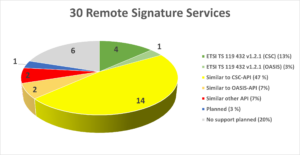
While almost all participants in the survey prefer to keep pricing information confidential, there were some figures provided: One respondent indicated a price of 120 € per year for qualified electronic signatures and 400 € for advanced electronic seals. Another respondent mentioned a monthly fee of 200 € for accessing the remote signature interface. Yet another respondent mentioned a range from 0 to 0,50 € per advanced electronic signature and 0 to 2,50 € per qualified electronic signature. Sample costs for identification have been provided for 2,50 € with eID, 7,50 € with VideoIdent and 3,50 € with AutoIdent. Only one respondent shared a price list for remote signature services, which is based on transaction fees and a minimum number of transactions, but this pricing is only valid in selected EU Member States.
We thank the following organisations for participating in the survey:
- Asseco Data Systems S.A.
- A-Trust GmbH
- Buypass AS
- BYTE COMPUTER S.A.
- certSIGN
- Cleverbase
- CLUBPSCO
- DocuSign
- D-Trust GmbH
- EuroCert Sp. z o.o.
- Evrotrust
- GMO GlobalSign K.K.
- InfoCert S.p.A.
- Intesi Group S.p.A.
- itsme (Belgian Mobile ID)
- Lex Persona
- LuxTrust S.A.
- Microsec
- msg
- MULTICERT
- Obserwatorium.biz
- PrimeSign GmbH
- Sectigo
- Seiko Solutions Inc.
- SIGN8 GmbH
- SK ID Solutions
- Swisscom
- trustable solution ug
- Yousign
- ZealiD


